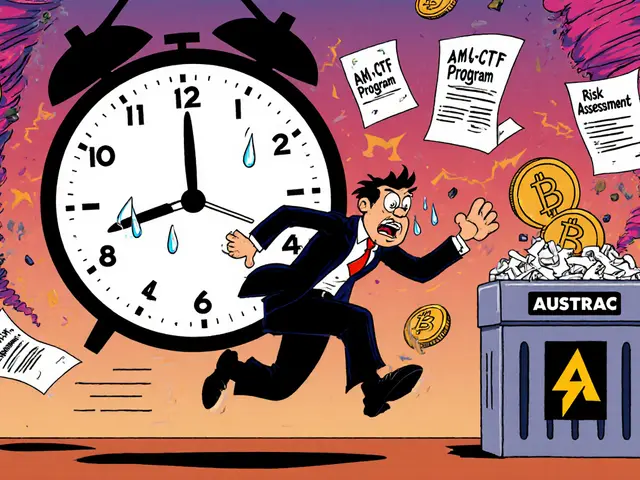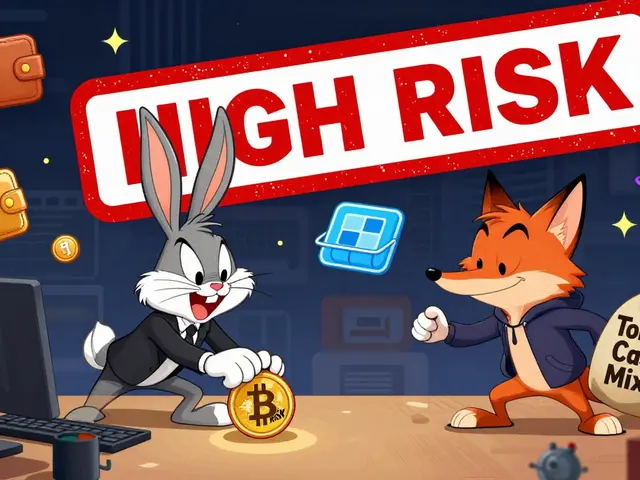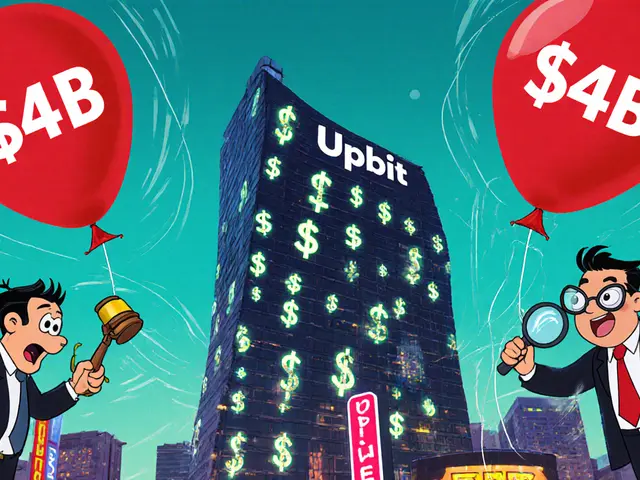DeFi Security: Protect Your Crypto Assets from Hacks and Scams
When you stake your crypto in a DeFi protocol, a decentralized financial system that lets you lend, borrow, or earn interest without banks. Also known as decentralized finance, it’s powerful—but it’s also a target. Every year, millions in crypto vanish because of poorly written code, fake tokens, or rug pulls. You don’t need to be a hacker to lose everything. You just need to trust the wrong contract.
Most smart contract vulnerabilities, bugs or flaws in blockchain code that attackers exploit to steal funds. Also known as on-chain exploits, they’re behind nearly every major DeFi hack. Think of them like unlocked doors in a digital bank. Even big names like Aave and Compound have had issues, and smaller projects? They often skip audits entirely. If a protocol doesn’t show a public audit report from a known firm like CertiK or Trail of Bits, treat it like a sketchy ATM. You wouldn’t deposit cash into one without a camera. Why trust your crypto to code with no proof?
Then there’s yield farming risks, the danger of chasing high returns on DeFi platforms that may be unsustainable or outright scams. Also known as impermanent loss or rug pulls, these traps lure you in with promises of 100% APY—then disappear. The FOTA, JF, and WLBO airdrops in our collection aren’t just free tokens—they’re tests of trust. Did the team build real utility? Or are they just collecting wallets to dump tokens later? DeFi security isn’t about fancy tech. It’s about asking: Who’s behind this? Are they anonymous? Is the code open? Has anyone else lost money here?
And it’s not just code. unlicensed crypto operation, running a DeFi project without legal compliance or regulatory oversight. Also known as regulatory gray zones, these projects often vanish when governments step in. Look at Bolivia’s flip from crypto ban to regulation, or Egypt’s million-EGP fines. If a platform ignores legal boundaries, it’s a ticking bomb. Your wallet doesn’t care if it’s ‘decentralized’—it only cares if the money’s still there.
Real DeFi security means checking three things before you click ‘approve’: audit reports, team transparency, and community activity. No audits? Skip it. Anonymous team? Red flag. Zero trading volume, like SLRS? That’s not innovation—that’s abandonment. The posts here don’t just list DeFi projects. They show you which ones are built to last—and which ones are just digital ghosts waiting to vanish.







Categories